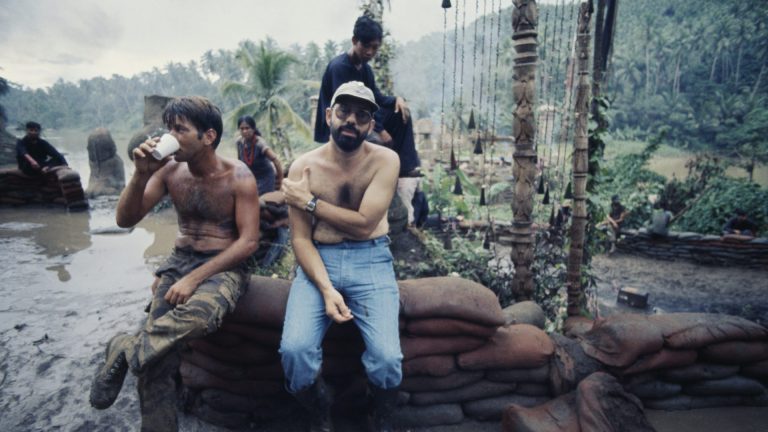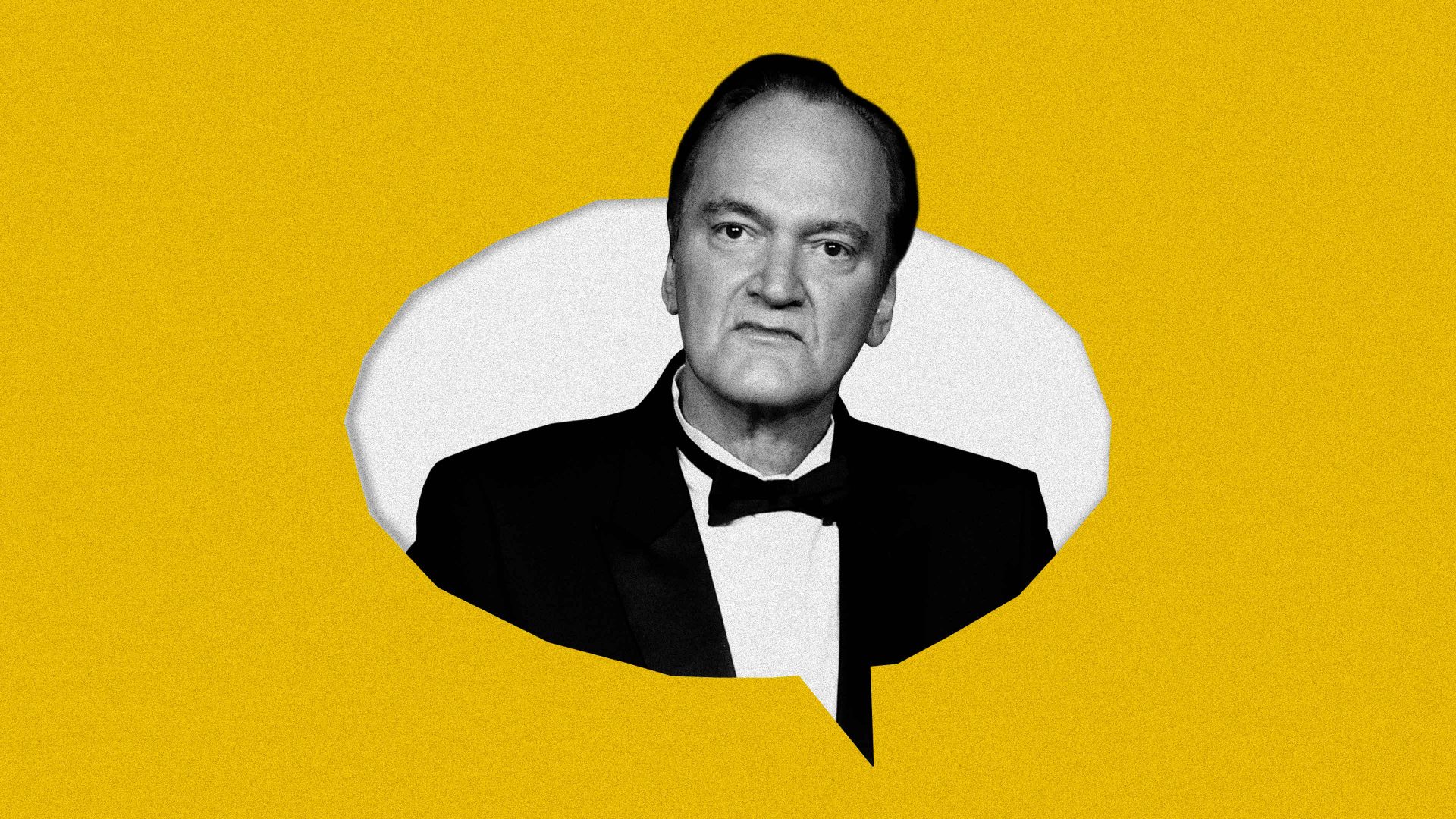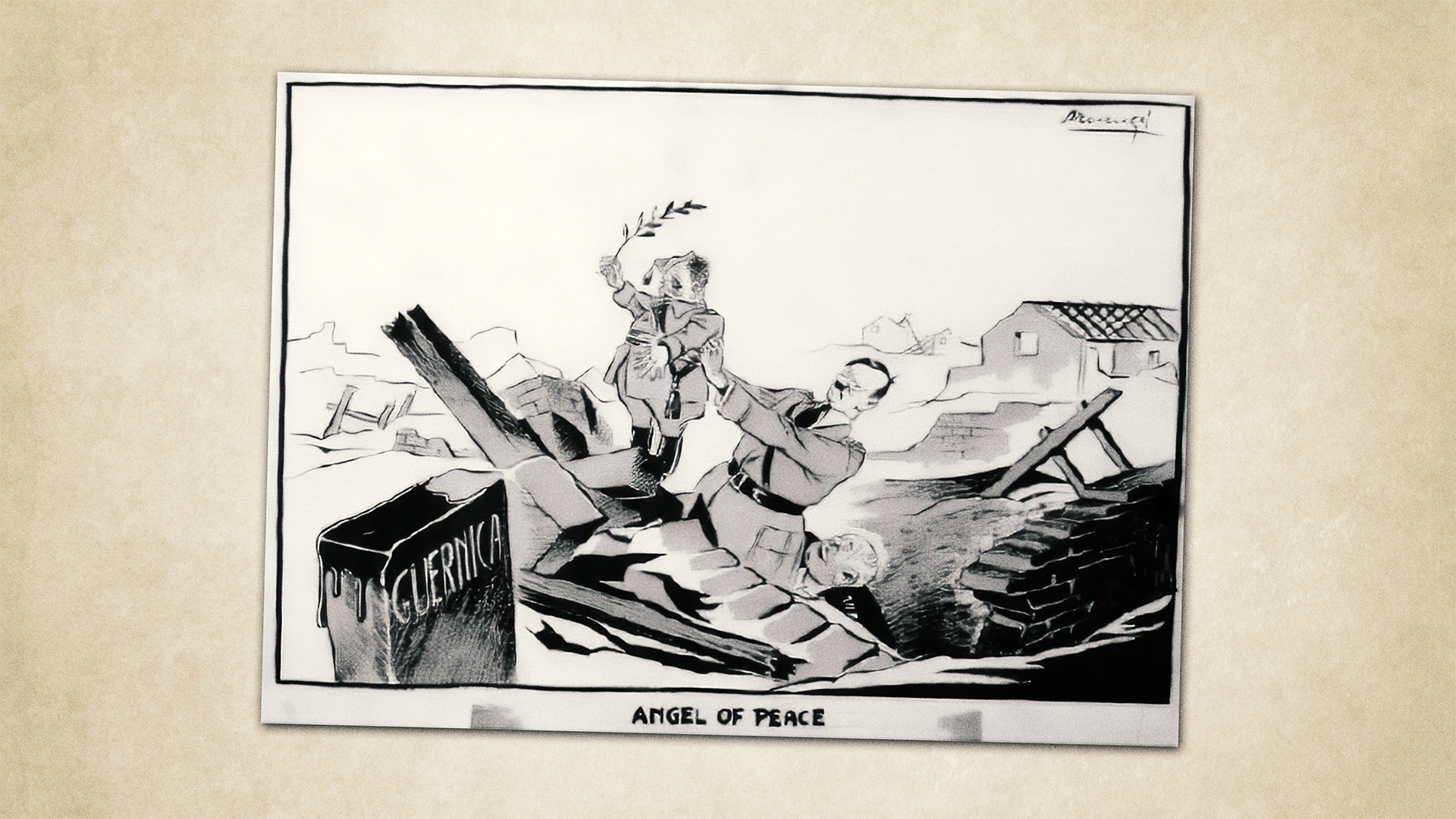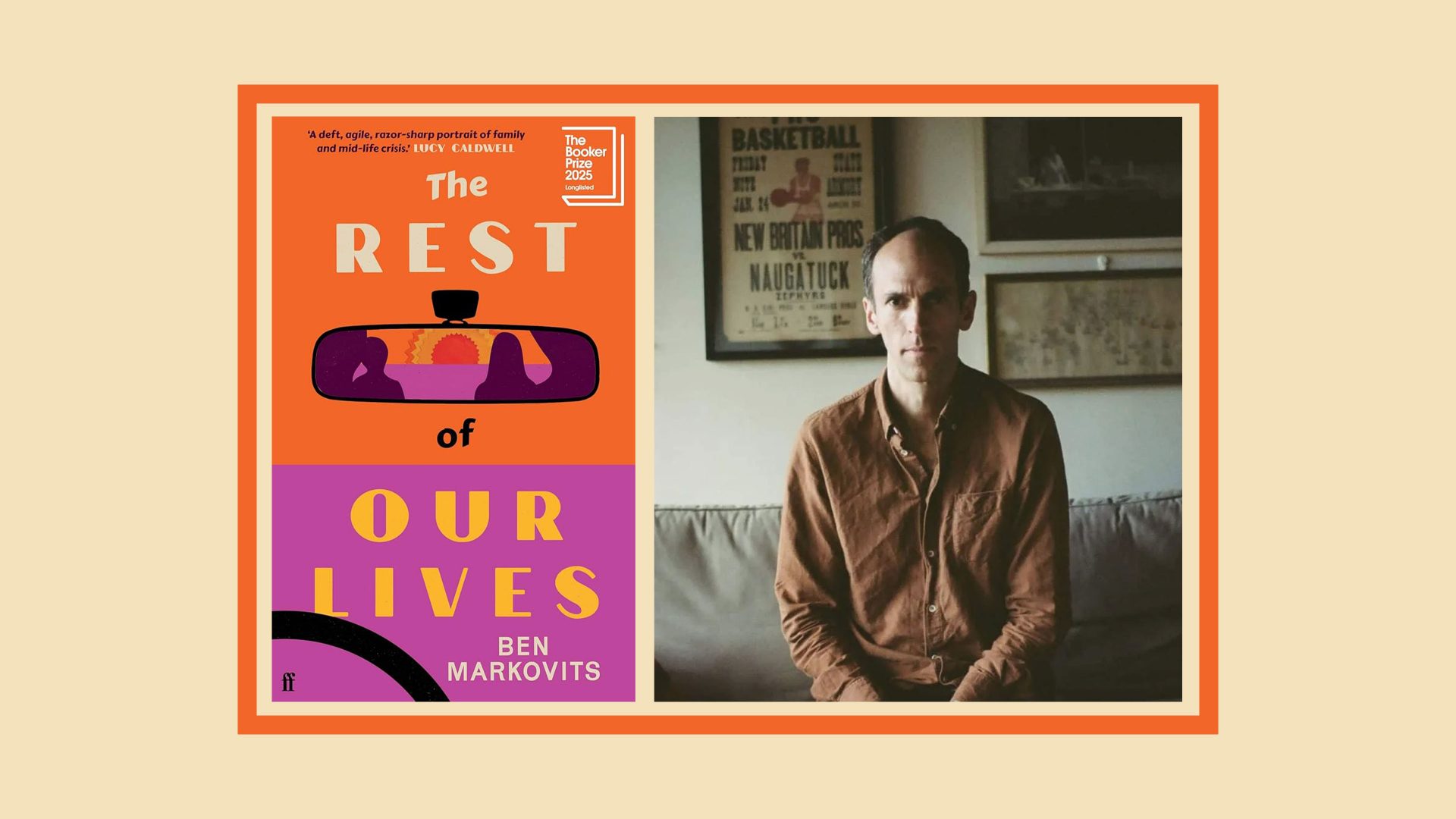The motormouth director of Reservoir Dogs and Inglourious Basterds is at it again. An interview for the podcast Church of Tarantino (I know) has been faithfully transcribed by the press as news (two articles in the Guardian), as if they were pearly droppings from the arse of wisdom. We learn not only which film is Tarantino’s best, according to Tarantino, but also which of his works he considers the most enjoyable and which he thinks has the best screenplay (written by Q Tarantino).
After giving himself all the Oscars, Tarantino talks about future projects: a Broadway play to which he’ll dedicate two years of his life and the sequel to Once Upon a Time in Hollywood which has already begun filming and features Brad Pitt returning as stuntman/murderer Cliff Booth. The latter, we learn ,won’t be directed by Tarantino but by the next best thing, as in the next best director in the world, according to Quentin.
He says: “I think me and David Fincher are the two best directors. So the idea that David Fincher actually wants to adapt my work, to me, shows a level of seriousness towards my work that I think needs to be taken into account.” Looks like little David Fincher passed the interview.
Nothing blows as hard as an obnoxious blowhard, but before singing a “haters gonna hate” line back at me, may I assure you I love the work of Tarantino. When he gets out of the way and lets me see it.
For the record, his first three films are absolute triumphs – brilliant, audacious, funny and wildly fun. The Kill Bills are sloppier, looser. Inglourious Basterds – his self-declared masterpiece – has boring stretches but overall isn’t bad and is saved by Brad Pitt and a nutso finale. Django Unchained is his weakest film with an excruciatingly bad cameo from an Australian QT and one ending too many.
The last two films have gone in interesting directions, but now he’s painted himself into a corner by claiming his next film is going to be his last. Unless he’s going to do a Soderbergh, this seems like a remarkably dumb thing to do – his reasoning that older directors make bad films is singlehandedly refuted by Clint Eastwood, who’s won several Oscars since he’s had a free bus pass.
At 62, he’s got more than enough time to direct a fistful of dynamite films, should he wish. His self-imposed ten-film limit, has also put undue pressure on his next and last film, causing him to scrap one project, The Film Critic, because it doesn’t have enough oomph to go out on.
Side hustles like his novelisation of Once Upon a Time in Hollywood and his entertainingly shoddy book of criticism Cinema Speculation prove that large doses of unfiltered Tarantino tend to give the reader a mild headache and an aversion to cocaine use.
To put him in context, Tarantino is not the first larger-than-life director who enjoyed a chinwag and the odd pronouncement. The director as raconteur is a familiar figure – after all, at heart, they’re storytellers.
Suggested Reading


The insanity and greatness of Apocalypse Now
The big daddy of them all, Orson Welles, appeared on so many talk shows that he ended up taking over from Johnny Carson when Carson went on holiday. But Welles was a profoundly curious intellect who loved chatting with magicians and lounge singers as much as Shakespeare scholars and poets. It also helped that he had a sonorous voice trained to fill the airwaves and the theatres that contrasts strongly with the Chihuahua-like yapping of QT.
I remember several press conferences I attended where William Friedkin held court, with such a fund of stories that one question usually sufficed for the whole half-hour. And when he introduced a new print of Sorcerer at the Venice Film Festival, the organiser finally had to tell him to belt up, or they wouldn’t have time to show the film.
Agnes Varda and Werner Herzog both became onscreen storytellers in their own documentaries, infusing them with their voices and personalities while not being enthralled by them. Herzog finds a million things more interesting than cinema. The late lamented David Lynch would talk for hours about transcendental meditation, but refused to expand on his films. One on-stage interview went like this: Lynch: “Believe it or not, Eraserhead is my most spiritual film.” Interviewer: “Elaborate on that.” Lynch: “No.”
Martin Scorsese has cinephilia in spades, but his contagious enthusiasm is driven by an educator’s zeal. He tells us: ‘Go watch these movies. From classics to B-movies, Corman to Kurosawa. Notice this and this’. In contrast, Tarantino machine-guns dictats and judgements at the listener.
Scorsese has ideas; Tarantino has opinions. Scorsese is an essayist; Tarantino is a listicle. And he’s pretty intolerant of challenges.
The violence in his films? “I refuse your question” he told Channel 4’s Krishnan Guru-Murthy in an infamous interview that you can find in multiple YouTube clips with titles like “Watch Tarantino Destroy Reporter.”
The use of the n-word? “When the black critics came out with savage think pieces about Django, I couldn’t have cared less. If people don’t like my movies, they don’t like my movies, and if they don’t get it, it doesn’t matter,” he told Bret Easton Ellis.
At a Cannes press conference, he was asked about Margot Robbie’s lack of lines as Sharon Tate in Once Upon a Time in Hollywood. “I reject your hypothesis,” he said as Robbie smiled at his side. The video is inevitably titled: “Tarantino Shuts Down Feminist Journalist.”
I wouldn’t necessarily change Tarantino. He is cinema’s Jose Mourinho. We love to hate him, but we respect his knowledge, and we suspect the whole thing is a performance anyway.
John Bleasdale is the author of Darkness Visible: The Cinema of Jonathan Glazer (Sticking Place Books)




